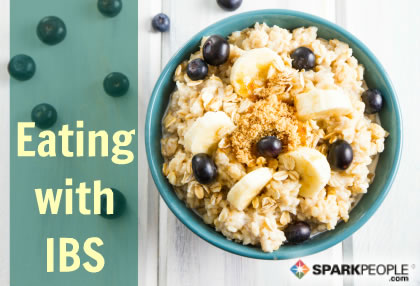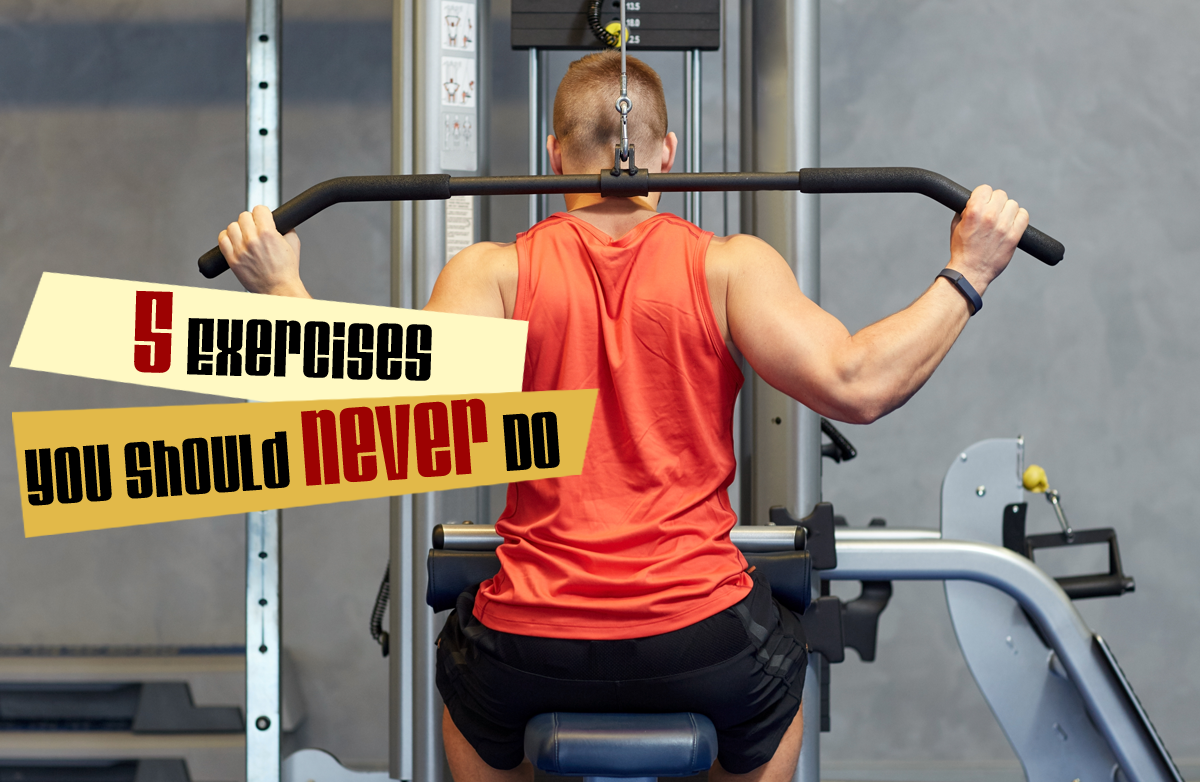|
Popular energy drinks like Monster, Full Throttle, and Red Bull have helped create a $7.6 billion United States industry over the last decade. Continued growth is expected with an anticipated growth to $19.7 billion in sales by 2013. These drinks typically contain the stimulant caffeine as well as other ingredients such as taurine, guarana and B vitamins all claiming to provide energy. The term "energy drinks" was created by beverage industry companies but is not a category currently recognized by the United States Food and Drug Administration (FDA) or the United States Department of Agriculture (USDA). There is limited evidence that these drinks improve physical or mental performance, improve mental fatigue or alertness. It is also unclear in the literature whether any improvements were the result of caffeine, the other herbal ingredients, sugar present in some drinks, or some combination of these ingredients. Now two new energy drinks tempt us with the appeal of 100 percent vegetable and fruit juice in the new V8 Fusion Energy and V8 Energy Shot drinks. Offered in tempting flavor combinations such as pomegranate/blueberry or peach/mango some are already on shelves in over 2,400 Wal-Mart stores. Is the new mix of well-known vegetable juice with caffeine, vitamins, and green tea a source of energy packed fruit and vegetables servings you should including in your healthy eating plan? The new My Plate icon reminds us that half our meals should consist of healthy fruits and vegetables to ensure we are getting key nutrients such as folate, potassium, vitamins A, C and K as well as dietary fiber. Including fruits and vegetables in meals and snacks also help people meet weight goals and reduce risks of chronic disease. One way to meet the daily goal of five or more fruits and vegetables is to include a serving of 100 percent juice. Don't be confused by the V8 V-Fusion and Tea beverages on store shelves beside V8 Splash and traditional V8. The new V8 Fusion with Energy and V8 Energy Shots are two new players in the energy drink market competing against the likes of Red Bull and 5-Hour Energy. These new drinks aim to steer you in their direction over the others because of a full serving of fruits and vegetables. Although you may be getting a serving of 100 percent juice in your energy drink, you are also getting the same caffeine as an 8-ounce cup of coffee, which is about 80 mg with questionable energy benefits. If you need caffeine but don't drink coffee and prefer not to select carbonated soda, perhaps this is a good choice. Otherwise, a piece of fresh fruit or steamed vegetables as part of a balanced meal or snack is the best choice when trying to meet your daily fruit and vegetable needs. It is important to note that energy drinks are questionable in general. While caffeine consumption before heavy exercise has been found to be safe, caffeine with herbal supplements before heavy exercise has not yet been established. Energy drinks are very popular with adolescents but since caffeine consumption has been linked with increased blood pressure in this age group, they are not recommended for adolescents or children. Caffeine and alcohol both work as diuretics so consuming both together increases risks of dehydration and adverse cardiovascular effects and should be avoided. With these risks, we recommend limiting the use of energy drinks in general but definitely, if you are looking for a serving of fruits or vegetables. Just select a fresh or steamed option instead. Do you consume energy drinks or shots? How do you think the new V8 options will stack up with the established market? |
Popular Entries
More From SparkPeople
|





.jpg)









